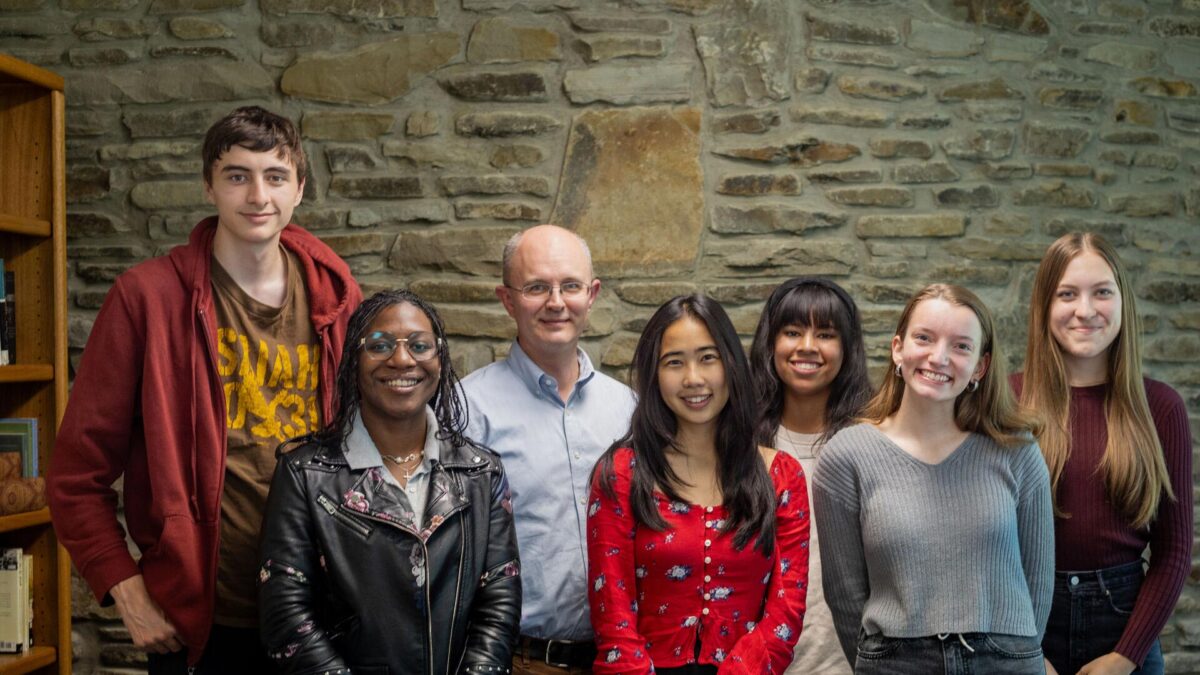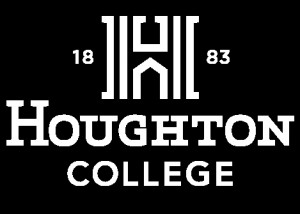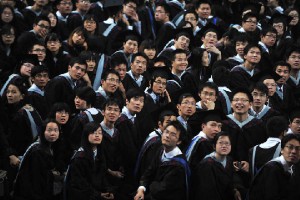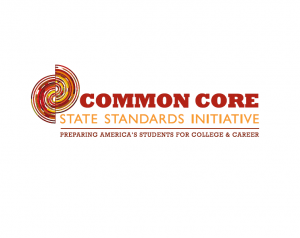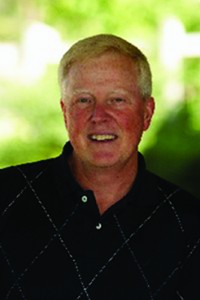By Jiana Martin ('26)
On Tuesday, Oct. 24, the second Kingdom Conversation will be held at 7 p.m. in Schaller Hall located in the Paine Center.
Professor Peter Meilaender and President Wayne D. Lewis, Jr. will continue their discussion on the classical debate between Booker T. Washington and W.E.B Du Bois regarding education’s nature and purpose. The first conversation centered around Washington and his emphasis on vocational training in education. In the upcoming conversation, the speakers will examine Du Bois’ viewpoint and his emphasis on a liberal arts education.
This series of three conversations is the first of its kind hosted by the university’s new program, the Kingdom Initiative, in hopes of promoting academically oriented discussions.
“We thought a great way to introduce the initiative to the campus would be to start with an inaugural series of conversations,” President Lewis explains.
When thinking about the topic for the first series, Professor Meilaender wanted to work with President Lewis. He also searched for a topic that has academic seriousness drawing on classical discussions in American history. Together, they chose this famous debate, not only because of its importance in American history, but also because it is a part of President Lewis’ field of education. He has background and expertise in this area, and their works and scholarships significantly influenced his own.
Furthermore, Washington and Du Bois’ debate continues to influence public discussions today around higher education. As a university, Professor Meilaender believes these conversations provide a great chance to look at pieces of historical literature that discuss education.
“There’s still a lot of relevance to what they are talking about,” Professor Meilaender comments.
In addition, he hopes these events are a chance for people to learn more about Washington, Du Bois and this part of America’s history and cultural heritage.
The Kingdom Initiative plans to hold many Kingdom Conversations in the future.
“The initiative is an effort to bring together several things that the college deals with in issues of race, diversity, equality, and God’s kingdom in the broadest sense,” Professor Meilaender states.
They do not have a planned schedule, but are open to suggestions relating to the above mentioned issues.
Along with this effort, one of their goals is to look at these topics through a distinctive and authentic Christian worldview. They hope the conversations will take people across cultural context and into different issues, in order to explore diversity in all its forms.
President Lewis wants to see the campus community come together and engage with rich ideas, history and literature to have conversations that explore different viewpoints.
“I think we can create something really beautiful at Houghton,” expresses President Lewis, “when we bring together our diverse community through a decidedly Christ-centered lens and consider the gift of diversity.” ★

